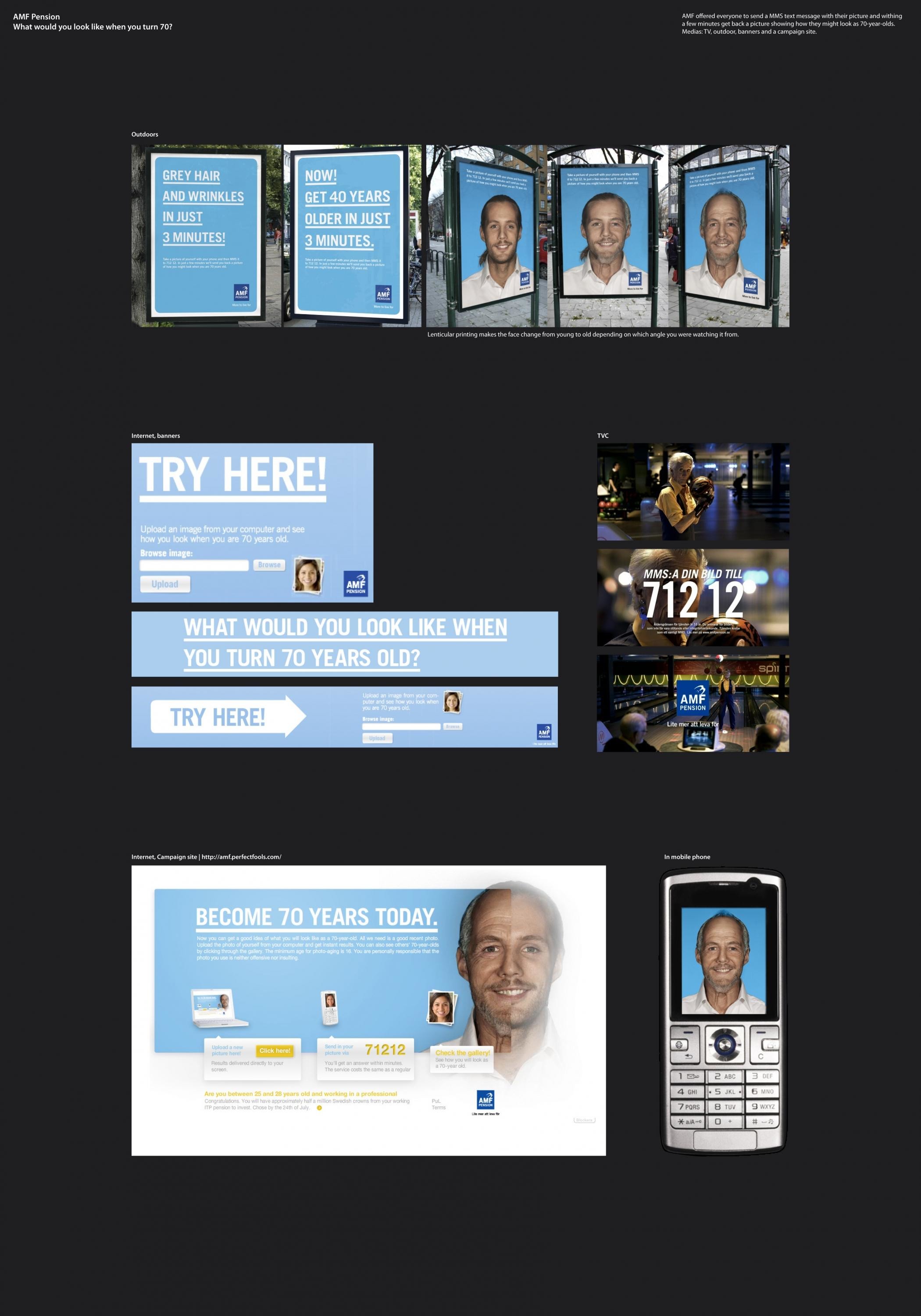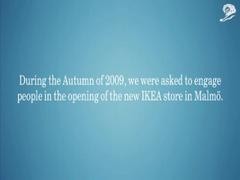PR > Sectors
THE ORGANIC EFFECT
FORSMAN & BODENFORS, Gothenburg / COOP / 2016
Awards:

Overview
Credits
Overview
CampaignDescription
Several scientific studies had shown that if you eat conventional food, you have a number of different pesticides in your body – and that if you switch to organic food, the pesticides disappear within days.
Very few consumers knew about this. (Who'd tell them? Almost all food companies, and governments, are more or less invested in the conventional model of farming.)
So Coop conducted their own study, and filmed it.
Execution
With the help of IVL, the Swedish Environmental Research Institute, Coop conducted an experiment with an ordinary family, the Palmbergs.
The experiment was documented in a scientific report and a more sharable 90 second film.
The report from IVL was important for credibility in contacts with news media, and contributed to the extensive coverage, beginning with the family appearing as guests on Sweden's biggest morning TV show.
But the film was of course the centerpiece of the campaign. And a massive international grass roots movement, built by pinpointing individuals and organizations with a passion for organic food, helped it go viral.
In Sweden, as expected, the campaign made many in the food industry angry. But the criticism gave Coop an opportunity to take a public stand for consumers' right to know what they're eating.
Outcome
The film has been viewed more than 40 million times on YouTube and Facebook, generating news coverage, blog articles and social media posts with a total reach of more than 2 billion.
88 % of social media mentions have been favourable.
In Sweden a survey showed that 57 % of those who had seen the film said it would make them buy more organic.
Sales of organic food increased by 50 % over the period during which the film was released.
The share of consumers who say they prefer shopping at Coop increased by 14 %. And Coop had their best year financially in 23 years.
Relevancy
The entire campaign was PR driven. From the recruiting of the family to their appearance as guests on Sweden’s biggest TV morning show. From the activation of a global grassroots movement to Coop's response when, as expected, some in the food industry attacked the campaign.
Strategy
The key insight was that most people aren't willing to pay more for a product because it's better for the environment. (Although many of them are willing to pay more for a product that they perceive to be of higher quality, or healthier.) And surveys showed that organic food was still associated more with "good for the environment" than with "good for me".
So Coop decided to communicate something that no other food company had dared talk about: The fact that if you eat conventional food, you have a number of different pesticides in your body – and that if you switch to organic food, the pesticides disappear within days.
This is important information, especially for Coop's target audience, families with kids, considering more and more research indicates health risks for growing children.
Synopsis
Coop, once the biggest supermarket chain in Sweden, had steadily lost market share for two decades. And now their competitors were catching up in the one area where Coop had dominated – organic food. They needed to re-establish their leadership on organic food. And they needed to reignite their brand.
More Entries from Retail, e-Commerce, Restaurants & Fast Food Chains in PR
24 items
More Entries from FORSMAN & BODENFORS
24 items















